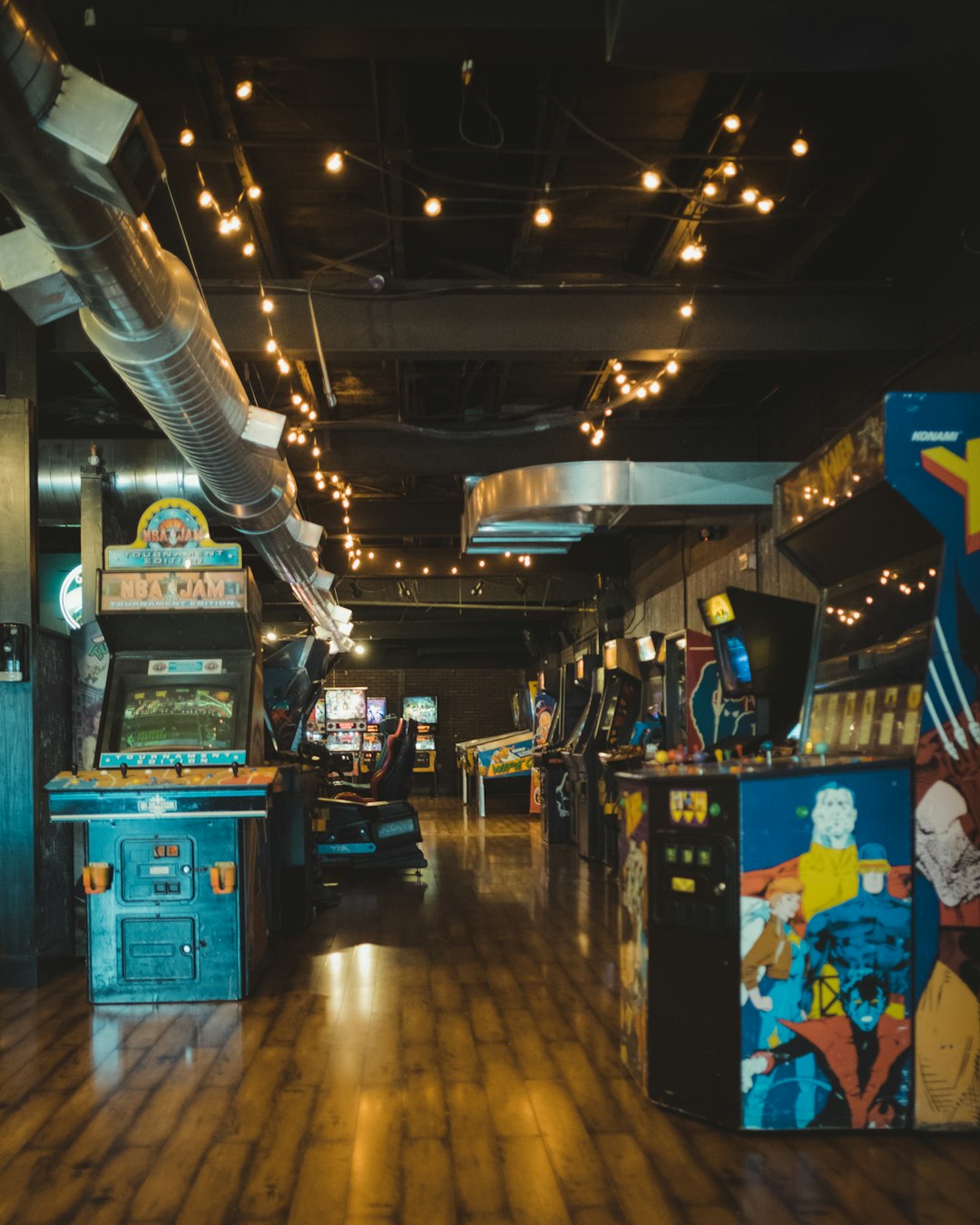Gaming has evolved significantly over the years, from simple arcade games to immersive worlds that allow players to connect with others from around the globe. Multiplayer gaming has become extremely popular, with millions of individuals eagerly logging in to compete against friends and strangers alike. But why do we love online competitions? What is it about multiplayer gaming that makes it so addictive? The answer lies in several psychological factors that drive our fascination with these virtual realms.
One significant aspect of multiplayer gaming is the sense of community it fosters. Humans are social beings, and online competitions provide a platform for us to interact, communicate, and collaborate with others who share our passion for gaming. This sense of belonging and camaraderie can be incredibly fulfilling, especially for individuals who may feel isolated or struggle to form connections in their day-to-day lives. In multiplayer games, players can form teams, join guilds, and partake in cooperative missions, fostering a sense of teamwork and mutual support. The friendships formed in these virtual worlds can be just as strong as those formed in the real world, often transcending geographical and cultural boundaries.
Another psychological factor that contributes to our love for online competitions is the thrill of competition itself. Human beings have an innate desire to test their skills and abilities against others, and multiplayer gaming provides the perfect platform to satisfy this primal urge. The adrenaline rush we experience when engaging in intense battles or races against real human opponents is unmatched. The element of unpredictability and the fact that no two matches are the same make every online gameplay session uniquely challenging. The joy of victory and the disappointment of defeat fuel our determination to improve our skills, encouraging us to invest more time in honing our abilities.
Furthermore, multiplayer gaming taps into our intrinsic motivation for achievement and progression. Most of these games are designed with a reward structure that incentivizes players to invest time and effort to level up, earn new gear, or unlock special abilities. This constant sense of progression provides a sense of purpose and accomplishment, keeping players engaged and motivated. The satisfaction of seeing their hard work pay off not only boosts self-esteem but also encourages long-term commitment to the game.
In addition to these social and competitive aspects, multiplayer gaming also offers an escape from reality. In our increasingly fast-paced and demanding world, the allure of a virtual realm where we can assume different identities and embark on epic adventures is undeniable. It allows us to temporarily disconnect from everyday stressors and immerse ourselves in a fantasy world where the only thing that matters is the game. This escapism aspect of multiplayer gaming offers a form of mental relaxation and rejuvenation, allowing players to recharge and unwind.
In conclusion, the psychology of multiplayer gaming reveals various reasons why we love online competitions. The sense of community, the thrill of competition, the drive for achievement, and the escapism it provides all play crucial roles in our fascination with these virtual worlds. As long as the human desire for social interaction, competition, and self-expression exists, multiplayer gaming will continue to captivate and enthrall players worldwide.


